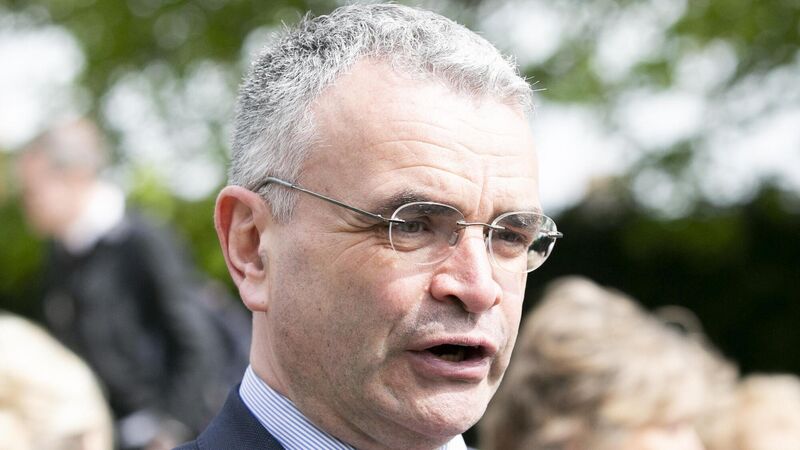Government seeks suitably qualified people for new AI advisory council

Minister for Trade Promotion, Digital and Company Regulation, Dara Calleary, has called for people from academia, business, law, security, social sciences, economics, and civil society to advise on AI policy. File photo: Gareth Chaney/ Collins Photos
The government is looking for suitably qualified people to join a new Artificial Intelligence Advisory Council.
Minister for Trade Promotion, Digital and Company Regulation, Dara Calleary, has called for people from academia, business, law, security, social sciences, economics, and civil society to advise on AI policy.













